The Belt and Road Initiative has demonstrated China's determination to collaborate with other countries and create a world order defined by fairness, cooperation and positivity, said foreign scholars attending the Shanghai Forum of World Conference on China Studies on Friday.
"China has assumed its responsibility as a big country. Many countries have now seen clearly that China's development doesn't include hegemonism and it doesn't interfere with internal affairs of other nations," said Victor Cortizo, vice-president of Catedra China in Spain, during a sub-forum at the event themed "Mutual Learning between Civilizations: Modern Chinese Civilization from a Comparative Perspective".
"We have opted for multilateralism, which can promote the democratization of international relations and help us work together to address common global challenges."
This sub-forum was chaired by Zhang Weiwei, a professor and dean of the China Institute of Fudan University.
Kazuhiko Togo, former director and professor of the Institute for World Affairs of Kyoto Sangyo University in Japan, said that the number of countries involved in BRI has risen to more than 150, and many projects involved have a focus on green and sustainable development.
"The BRI provides countries with opportunities for collaboration in economy and peaceful coexistence as well. We should continue to seek more chances from the initiative," he said.
Xu Baofeng, dean of the Belt and Road Academy of Beijing Language and Culture University, said that the world has never shown such a strong interest in China like it has today.
"Chinese thoughts are beginning to become an important part of the world intellectual field," he said.
Themed "Chinese Civilization and China's Path – A Global Perspective", the Shanghai Forum of World Conference on China Studies is aimed at helping the world understand ancient and modern China.
The forum was attended by more than 400 well-known experts and scholars in China studies from nearly 60 countries.












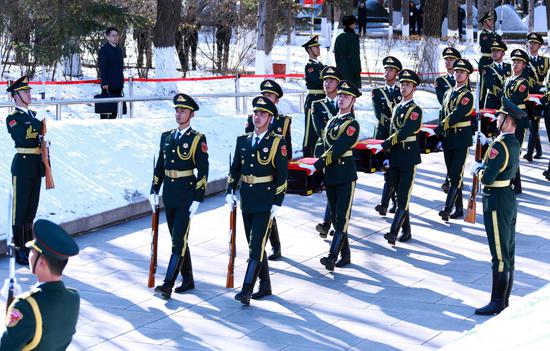
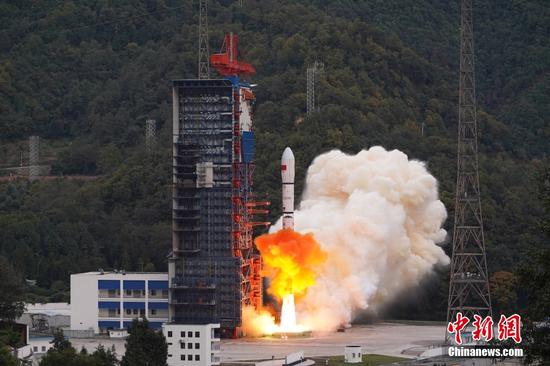







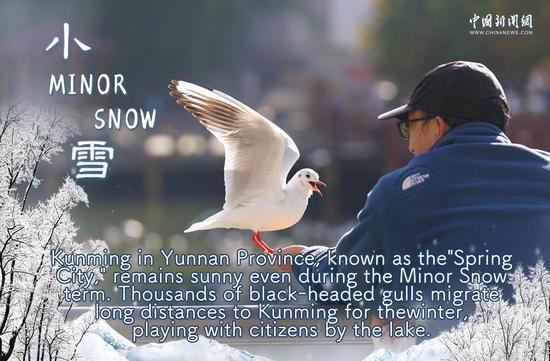
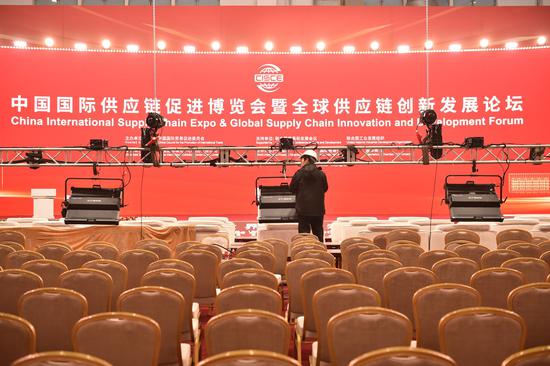

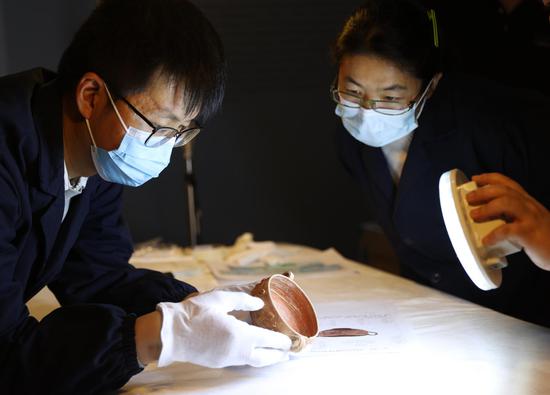





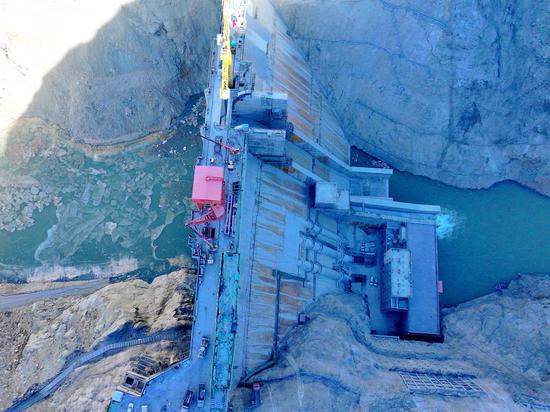




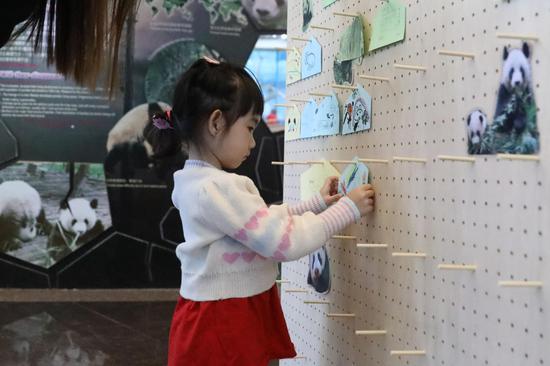
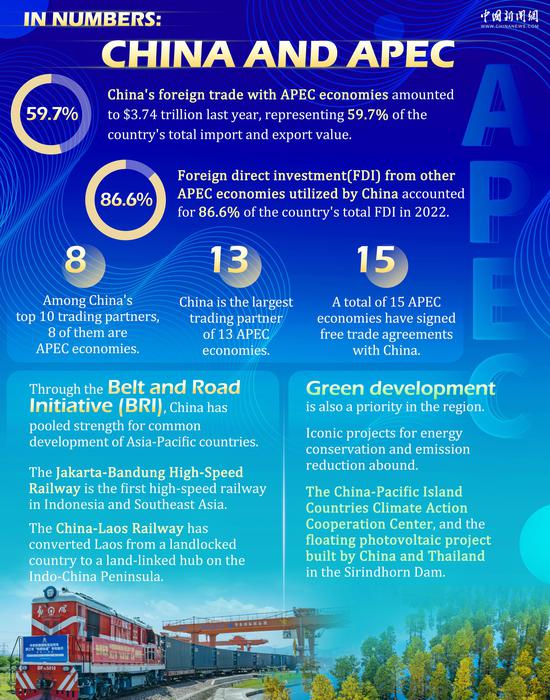
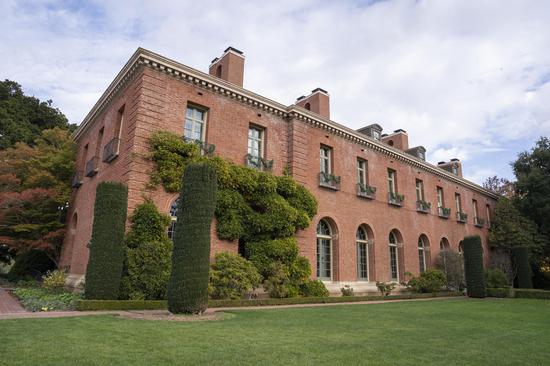


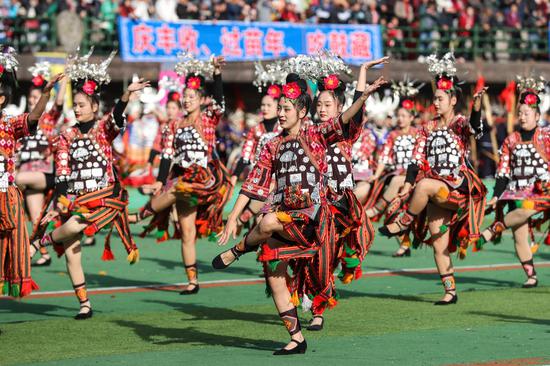

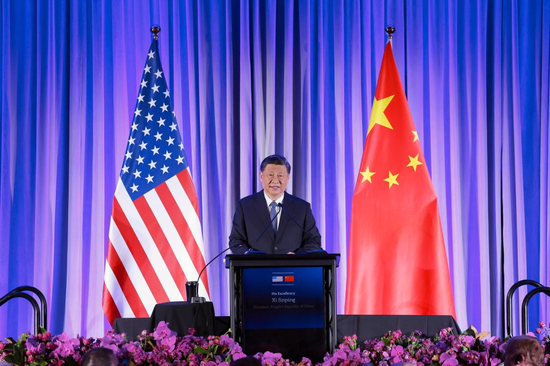
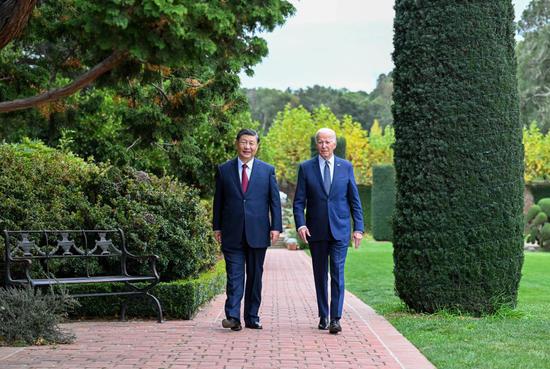






 京公网安备 11010202009201号
京公网安备 11010202009201号